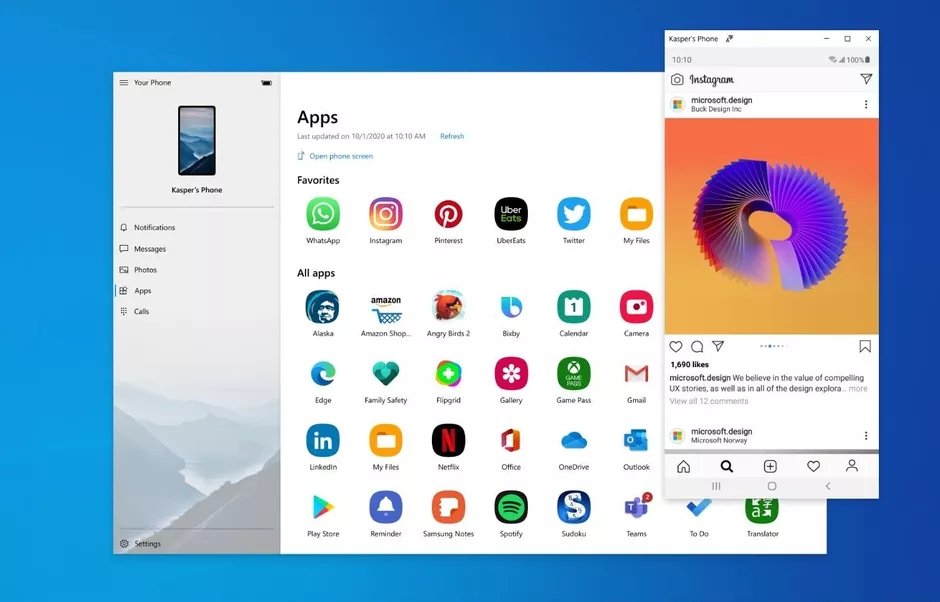Microsoft will not support Android apps in Windows 11 when the operating system is released on 5 October.
Η εταιρεία είχε υποσχεθεί ότι με το νέο λειτουργικό σύστημα θα μπορούσαμε να τρέχουμε και εφαρμογές Android στα Windows 11. Πρόκειται για μια από τις μεγαλύτερες δυνατότητες του επερχόμενου λειτουργικού συστήματος, αλλά η εταιρεία θα ξεκινήσει την προεπισκόπηση αυτής της modein the coming months.
“We look forward to bringing Android apps to Windows 11 and Microsoft Store through the cooperations with Amazon and Intel. This will begin with a preview for Windows Insiders in the coming months," said Aaron Woodman, general manager of Windows marketing at Microsoft.
This probably means that support for Android apps will not be seen in Windows 11 until 2022, as Microsoft will first test the upcoming feature with Windows Insiders before releasing it for everyone months later.
So support for Android apps won't be there on the first day of release, but Windows 11 will integrate it Microsoft Teams, θα έχουν ένα νέο σχεδιασμό στο μενού Έναρξης, και τις μικροεφαρμογές Snap Layouts, Groups, και Desktops για βελτιωμένη υποστήριξη στην παράλληλη εργασία σε πολλές οθόνες, και μια πολύ βελτιωμένη εφαρμογή για το Microsoft Store.
Microsoft announced today that Windows 11 will be released on October 5 and will be available for free for Windows 10 compatible PCs.
The new computers will be the first to upgrade, and will follow the existing devices that meet the company's specifications.
Microsoft says it expects to make Windows 11 available on all eligible Windows 10 PCs for free by mid-2022.





